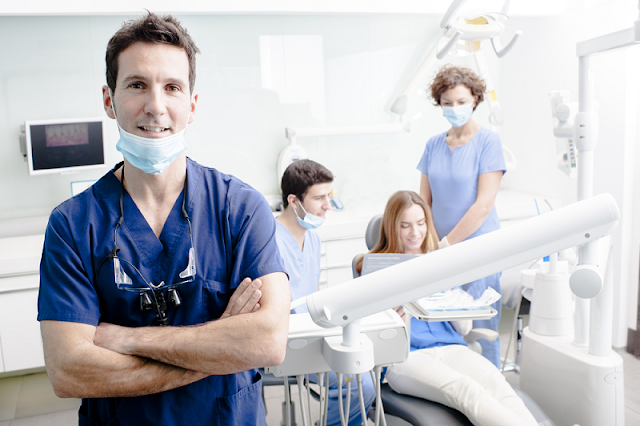(Means?)
Medicine manufacturing is the process of making a large number of medicines by following the directions of the FDA or the U.S Food and Drug Administration. The manufacturers have to be adherent to the prescribed safety standards and the FDA approved quality. In the process of compound medication, your pharmacist will combine, mix or alter the ingredients to tailor-made a medicine for you based on the prescription of a medical practitioner.
The Essential Things That You Need To Know About Compounded Medications are As Follows:
 |
| Compounded Medications |
- It is Not Necessarily a Capsule: A compounded medicine can always be thought of as a gel or a capsule or a cream, but it is not the case. It can also be created as a liquid that can be swallowed or it can also be injected to the patient’s body. These medicines are prepared to meet the needs of anticipated or specific patients.
- Necessities: Compound medication is aimed at creating a specific drug suitable for your need by combining two or more drugs.
- Pediatric Compounding is Carried Out With Caution: Extra cautions are taken when it comes to pediatric compounding. The major factors that are considered during pediatric compounding are- if the patient has a gluten allergy if the patient is too young to swallow a pill, whether the drug the child needs is in short supply. Children are recommended a smaller dosage of the compounded drugs.
- Importance of Accreditation: Accreditation is important because although compounding medicines is important, and the demand for specific patients is getting high, there is a necessity of system considerably higher professional standards, which would, in turn, enable the companies to test the processes of quality. Although the states regulate the compounding of pharmacy, accreditation is all the more a comprehensive way that ensures a pharmacy involved in compounding to meet the standards of safety and the highest qualities. It is also important when pharmacies seek prescribers and patients to select pharmacies that are quality-wise accredited.
- Safety Standards and Specificity in Quality: There are policies, principles and standards that are to be followed by the leading organizations to maintain the supremacy of quality. Firstly, chemicals that are supplied by highly reliable sources can be used by pharmacies. Secondly, there must be periodic and regular training for the pharmacists and technicians to brush up their skills. Thirdly, to ensure the guarantee of a contamination-free area, there are designs and other standards related that are to be met by the pharmacy facilities, on a regular basis. USP <797> must be met or exceeded by pharmacies to ensure compounding that is non-sterile, and USP <797> should be met to maintain standards for compounding that is sterile. Lastly, pharmacies that are compounded must solemnly resolve the Principles of Compounding or PCAB.
- Documentation: All the pharmacies that are aiming to receive accreditation, must unavoidably submit documents that prove their adherence to the quality standards laid down by PCAB. Secondly, they need to submit all the procedures and policies needed for reviewing regularly and accept physical inspections without any objection.
Some Extra Info:
Over the past few years, innumerable stories about compound medication have been reported by the media. Recently, The New England Compounding Center (NECC) came under the scanner as 400 hapless patients contracted fungal meningitis after receiving medication from NECC. Sadly, 31 of them died from the infection soon after. This tragedy stirred a furor and led the public confused about the differences between medication manufacturing and compounding.
To conclude, gather all-round knowledge about the compounded medication before looking for a quality compounding supplier. It is imperative that they have the potential and resources to compound medication safely.
(Means?) Medicine manufacturing is the process of making a large number of medicines by following the directions of the FDA or the U.S...



























